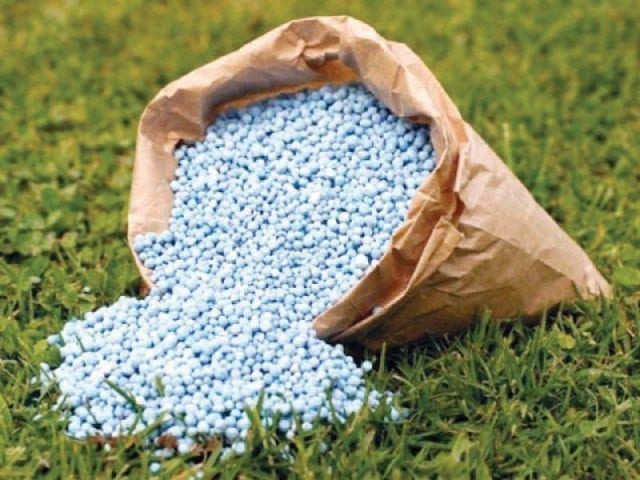November 2018: Fertiliser sales decline 17% despite higher production
Rise in output comes due to resumption of operations by <br /> two plants

Rise in output comes due to resumption of operations by two plants.
PHOTO: FILE
Production of urea increased, but sales went down on a year-on-year basis in November 2018, according to latest data issued by the National Fertiliser Development Corporation (NFDC).
According to it, domestic urea sales declined 17% to 497,000 tons on a yearly basis in November. However, total production increased 110,000 tons to 527,000 tons, up 26% against the same period last year.
Fertiliser producers reluctant to get involved in subsidy process
This uptick in production was mainly due to resumption of operations by DH Fertilisers and Agritech Limited (AGL), which produced approximately 33,000 and 32,000 tons respectively, said a report of JS Global Capital.
Water was released late in the past six months due to which paddy and cotton sowing also got late, and the sugarcane crop also faced difficulties, said Mahmood Nawaz Shah, an office-bearer of the Sindh Abadgar Board.
“Consequently, the fall in urea demand is natural,” he said.
The production of Pakistan’s major crops like cotton, sugarcane and paddy would go down, he said, adding, “going forward, in Kharif crops, we are seeing a major reduction; we are expecting 40% less sugarcane production compared to last year.”
In an Economic Coordination Committee (ECC) meeting, Finance Minister Asad Umar had urged companies to make inventories of urea so that the country would not be in a hurry to import urea in times of need.
Three idle fertiliser plants to get subsidised gas
Companies would be able to sell the surplus urea in the next season as that was a right way to cater to the market in an efficient manner, Shah said, adding calcium ammonium nitrate (CAN), one of the types of urea, was short in the market.
Fauji Fertilizer Company (FFC) had the highest growth in sales during 11 months of 2018 but cumulative sales of FFC and Fauji Fertiliser Bin Qasim (FFBL) declined 30% year-on-year.
Engro Fertilisers’ (EFERT) sales dropped 28% year-on-year to 139,000 tons as compared to 195,000 tons during November 2017.
On the other hand, sales of both plants of Fatima Fertiliser grew 90% year-on-year to 76,000 tons. Cumulatively, for 11 months of 2018, FFC and Engro posted 7% and 10% year-on-year higher sales, respectively.
Published in The Express Tribune, December 27th, 2018.
Like Business on Facebook, follow @TribuneBiz on Twitter to stay informed and join in the conversation.





1710175205-0/image-(9)1710175205-0-208x130.webp)













COMMENTS
Comments are moderated and generally will be posted if they are on-topic and not abusive.
For more information, please see our Comments FAQ